You have been appointed as a Parliamentary Secretary after being elected to Parliament at your first attempt. Prime Minister Joseph Muscat has a lot of faith in you: how does that make you feel?
To be honest, I really didn’t think I would be named as a Parliamentary Secretary. Not only is this my first term as an MP, but I am still quite young. I’m 29 and the youngest member of the Cabinet. The PM has a lot of faith in young people, even in leadership roles. They have the energy and commitment to help this country move forward and I think I was chosen on these criteria.
Are you or have you ever been a hunter? If so, would you not agree that this presents a conflict of interest?
The easiest answer I can give is the truth. I am an honest person so, yes, I am a hunter and a trapper and in the past I used to participate in both. However, I do not think that it will hinder my work with the government, because I believe I will always strive to achieve the common good and strike a balance.
Actually, I believe that my past has provided me with an insight in the field. I know what issues need to be addressed, I know what problems need to be resolved and I could possibly bring both sides of the debate closer together.
Which hunting organisation do you belong to?
The FKNK but, just to explain, the law says that in order to have a licence you must be a member of a recognised body. So I am a member in that sense but I am not on the committee or anything.

While it must be noted that, initially, there was a reduction in the number of illegalities following the referendum on hunting, the last two hunting seasons have seen a significant increase. In an interview with The Malta Independent on Sunday, Environment Minister José Herrera admitted that enforcement still remains an issue. Do you agree, and what plans do you have to improve enforcement?
When we talk about illegalities taking place, we need to look at the statistics and recognise that hunters in general have educated themselves about correct practices. However, the government needs to continue being firm and implement strong enforcement when it comes to illegal activities. At the end of the day, it is a small group of people who are damaging the larger hunting community. I believe that the two sides of this debate could get together and resolve the problem.
The Minister also said that Gozo is a particular problem because of the culture of omertà, something which CABS and Birdlife have both mentioned in the past. As a Gozitan, do you agree with their analysis?
Enforcement is taking place, and should be carried out in the same way as it is in Malta. I do not see why Gozo should be treated differently.
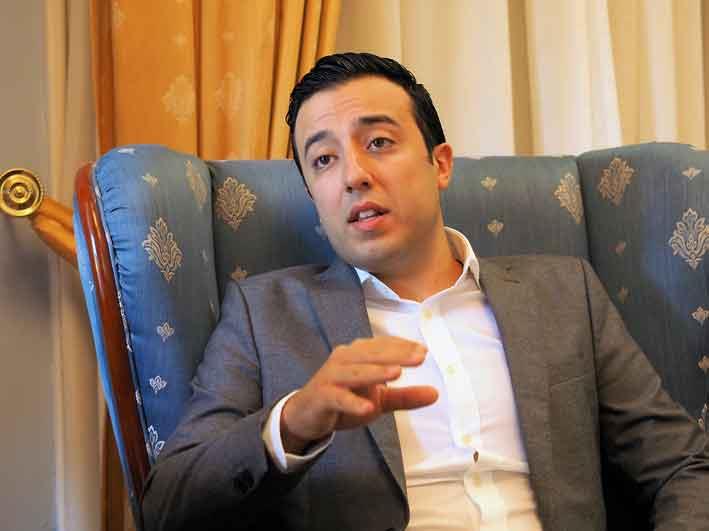
The Maltese government has been taken to court by the EU Commission regarding Malta’s attitude on finch trapping. Last spring, when finch trapping was outlawed, CABS documented a number of illegal nets across Malta and Gozo. Given that it appears that the government is intent on keeping the practice, shouldn’t more be done in terms of enforcement?
We always need to make a distinction between what is legal and what is illegal. We have no difficulty with legal trapping, and obviously those who are breaking the law need to be dealt with forcefully. To be fair, we have seen a lot of education within the community but there will always be some bad eggs.
There is a perception that the hunting lobby has had too much control and power over the government, both in the past and at present. What would you say to this statement?
The hunting lobby, like any other lobby, tries to influence and push forward its agenda. The hunting lobby is a large lobby and has something like 15,000 members, so it is very influential. But so is Birdlife, which has a lot of power in European fora and with the Maltese public. A lobby group will always push its agenda, but at the end of the day a politician should use commonsense and always bear in mind the common good.
Have you met any of those involved with this issue?
A couple of days ago I met with FKNK and Birdlife, as well as other groups and animal sanctuaries. You need to hear the views of everyone to get a clear picture of the situation and make informed decisions.
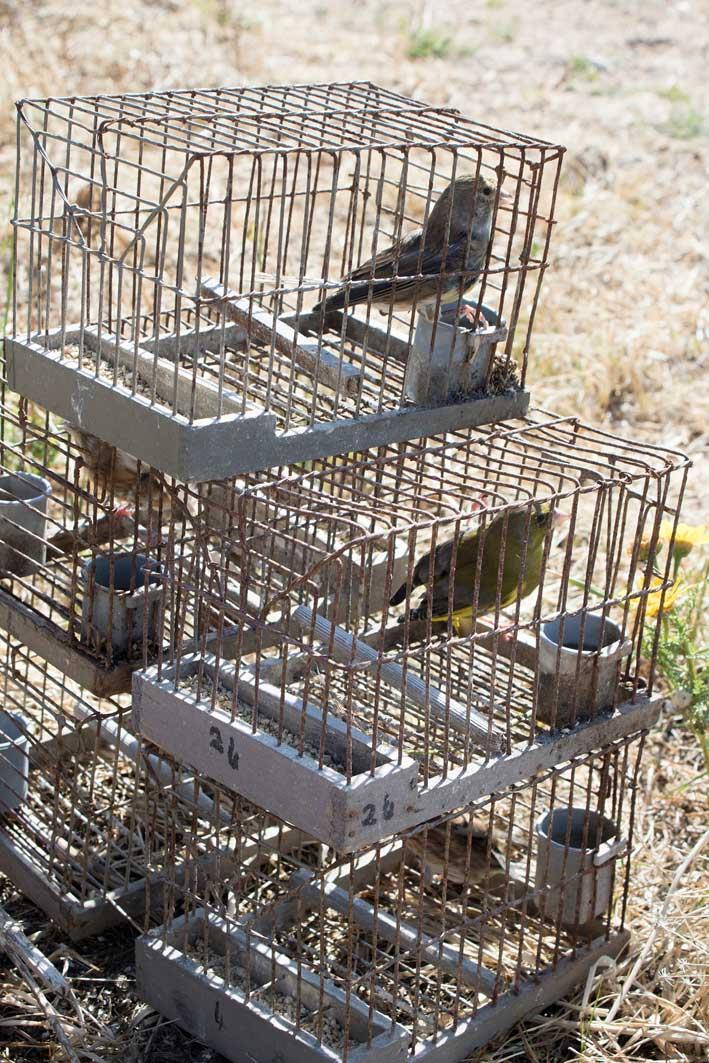
FKNK and Birdlife are often at loggerheads with one another, even on the Ornis Committee, which has experienced a number of arguments and walk-outs. What do you plan to do to bridge the gap between them?
I understand that their interests are different but there are certain positions where they can work together. For example, when the swans arrived in Gozo, the two groups worked really well together to create a roster in order to look after the birds. Yes, there can be clashes, and there will always be differences, but they need to find more common targets and work together. For example, when it comes to enforcement, they could really help one another to stop the illegalities from taking place.
The culling of pigeons in Birgu was a contentious issue that was eventually resolved peacefully. However, this has been a problem before – there was a similar one in Lija a few years ago. Where do you stand on this subject?
The situation in Birgu was really a matter of commonsense. It was announced that there was going to be a cull of pigeons, which is not really a reflection of attitudes today, so we suspended the intended cull to try and come up with other alternatives, such as the use of contraception. We will see what effect this has and will then try to up-date the existing legislation to reach a safe solution.
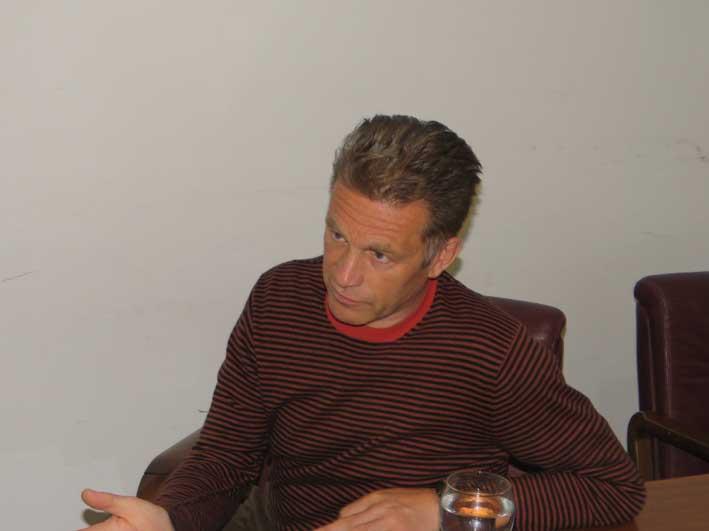
Famous naturalist Chris Packham was arrested in Gozo earlier this year, which turned into a farce after video evidence provided to the magistrate indicated that the policeman’s statement was incorrect. Can you comment?
Chris Packham is someone who campaigns against hunting and who obviously did the right thing, as do many other people who report illegal hunting to the authorities. I do not want to get into the merits of the courts, but citizens have the right to safeguard their interests and it only helps to report illegalities so that the police can take action and ensure that justice is done. However, it also helps if those who are doing the reporting do not infringe other people’s rights by entering private property without permission. We need to start examining both perspectives of the debate.
Fisheries are also part of your remit. Fish farms are now being moved further offshore, which may bring an end to the controversial sea-slime issue. However, over-fishing remains a pressing issue: how do you intend to tackle it?
I am still quite new to the sector, but fishing is highly regulated by international legislation. Obviously, every country fights for its quota, and we recognise that there is a need to protect fish stocks, but there are also indications that stocks are beginning to improve. Ultimately, fish belong to everyone and we should give continuous feedback in order to keep abreast of the situation in the Mediterranean. A radical depletion in fish stocks will not only affect us but the many fishermen who rely on fish for their living.
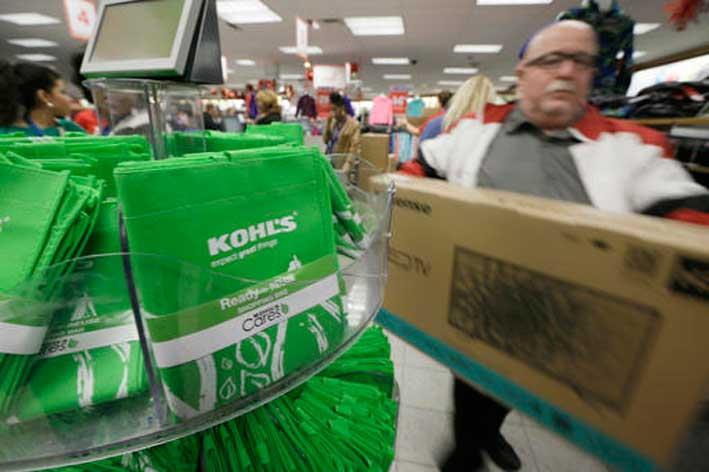
The introduction of large supermarket chains such as Lidl has had a negative impact on Maltese agriculture, which is slowly dying. What are your plans to resolve this issue?
I was brought up in the countryside and agriculture is a sector close to my heart. You are right, free trade has meant that farmers are struggling and as the Ministry responsible, we need to intervene. We need to work more to promote Maltese produce both locally and internationally. I assure you that we believe it really is the best. We are already discussing improving public information on Maltese produce, so that everyone will know exactly where it comes from.
There are also plans to reform fruit and vegetable markets. Right now, farmers are not fully aware of the amount that is being sold, and we need to put in place a system that will benefit both the farmer and the consumer, so that the farmer can know how much he is making and the consumer can know the whole story behind the produce. There needs to be complete traceability and transparency so no abuse can take place.
We also need to reduce the three per cent tax rate on farmers and fisherman to provide more stimulus to the industry, which has the potential to progress and move forward.
There is also the environmental aspect to farmers and herdsman that the public does not necessarily notice. While there is an issue of slurry that needs to be tackled, they are the ones who actually take care of the countryside.
Agriculture also depends heavily on the water table, which is depleting rapidly. Do you believe that this problem needs to be resolved during this legislature?
Yes, as a matter of fact, we are looking at starting a ‘New Water’ project: two in Malta and one in Gozo. We are going to create an infrastructural system that will supply farmers with free water, which is sanitised drainage water. This will not only substantially reduce extraction from the water table but will also, over time, replenish the water table. We have already begun work with Energy and Water Minister Joe Mizzi to get the project up and running within this legislature. Being a civil engineer and architect by trade, I am really eager to work on it.
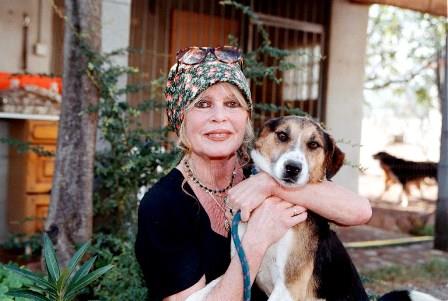
Brigitte Bardot was in the headlines recently after issuing an open letter to the PM concerning the state of animal welfare in Malta, with particular reference to horses. Do you believe that animal welfare is an issue in the country?
It is important that we start taking more care of our animals and realise that they are not just vehicles for profit and should be treated with dignity. For example, where horses are concerned we know that there are tents that provide shade for them, but I have already spoken to the authorities to take action when they are being mistreated. It is unacceptable to make an animal suffer.
We do need to progress with animal welfare, but we also need to start providing help to sanctuaries. I have met people who dedicate their lives to taking care of stray and/or abandoned animals and the government needs to start helping them more. However, I also feel that we need to tackle the issue of re-homing. How many animals can you care for properly? Instead of buying an animal, people should start going to sanctuaries to adopt one. We are now even hearing of people adopting dogs from sanctuaries in Sicily! They should be made to adopt one from a Maltese sanctuary.
We are going to launch a number of projects in this field. From the educational perspective, we intend trying to foster a culture of proper animal welfare. Unfortunately, there will always be people who are cruel to animals, which is why perpetrators will always be subject to the law.
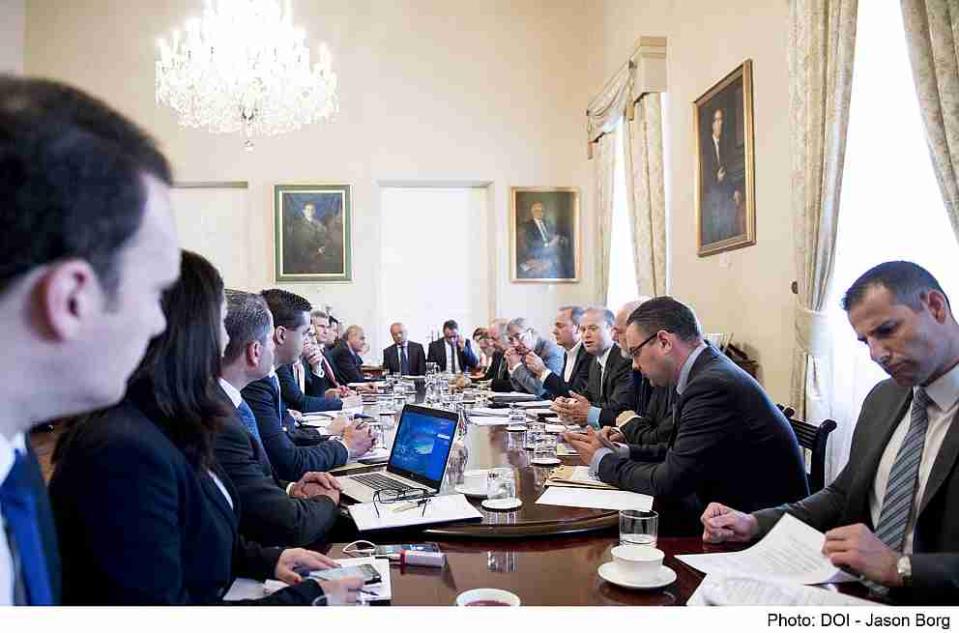
As we touched on earlier, you are the youngest member of the Cabinet, with quite an important remit. Do you have any ambitions for the future?
I’m still digesting the fact that I have been appointed a Parliamentary Secretary. I was a mayor a couple of months ago, then I was elected as an MP and now I am a PS. It is a change of life and I need to first settle in this new reality. My only ambition is to repay the faith entrusted in me and succeed in all the fields of my remit. I also want to change the perception that because you come from a hunting background, which I cannot deny, you hate – or do not respect – animals. Actually, it is often quite the opposite. My childhood was full of animals and I want to assure the nation that I will do a good job in the field of animal rights and animal welfare.